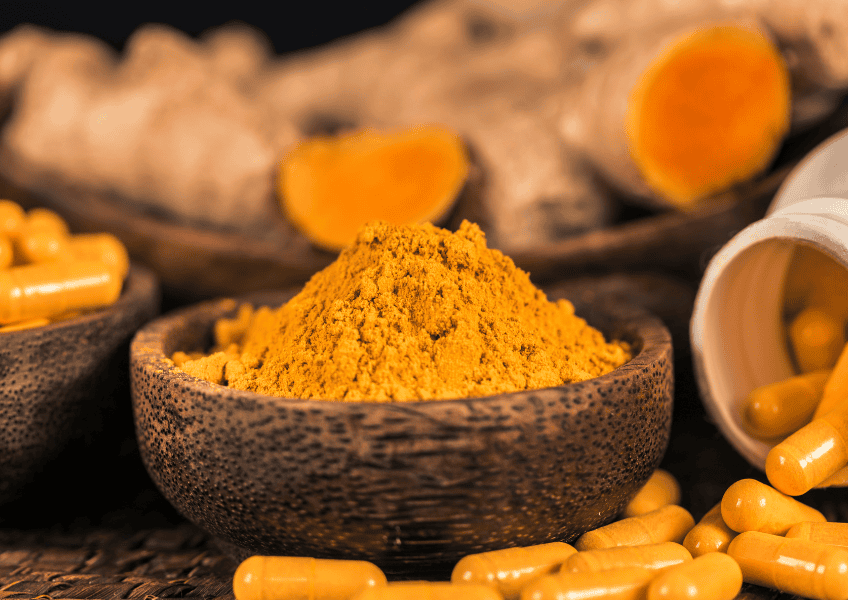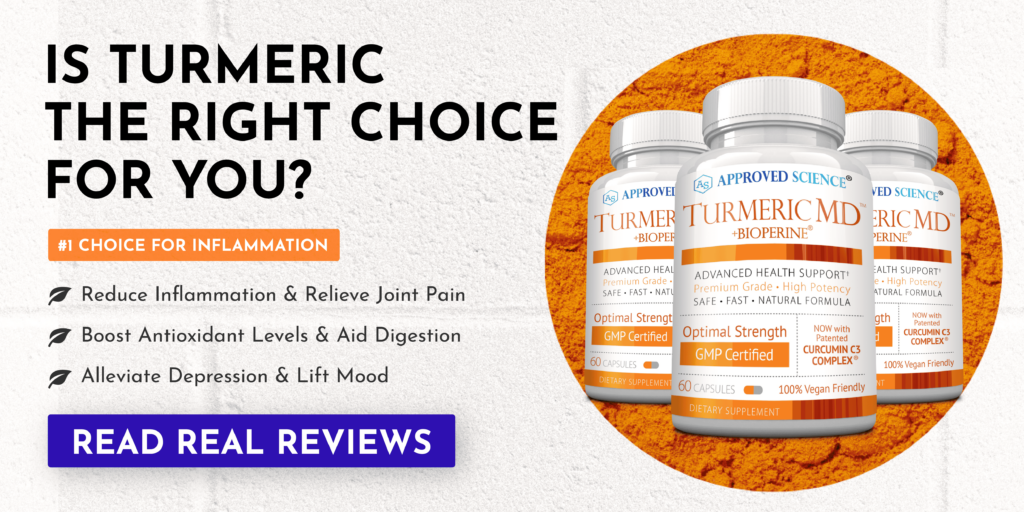Inflammation is a word that is often mentioned in discussions about health, but what exactly is inflammation? In this blog post, inflammation 101, we will be discussing the basics of inflammation and how it can affect your health. We’ll also explore what you can do in order to reduce inflammation in your body. With the right information, you can learn how to combat inflammation and improve your health. So let’s get started!
What Is Inflammation?
Inflammation is the natural bodily response to an injury or infection. It is a normal and healthy process that is designed to help protect the body from further harm. Inflammation occurs when the immune system sends special cells and chemicals, such as white blood cells, to the site of injury or infection in order to fight off any invaders and promote healing. These cells and chemicals can lead to swelling, redness, heat, and pain.
Chronic inflammation and acute inflammation are the two main types of inflammation. Acute inflammation occurs suddenly and usually lasts for only a few days. This type of inflammation is the body’s way of protecting itself from injury or infection. On the other hand, chronic inflammation is long-term and can last for weeks, months, or even years. While chronic inflammation is necessary to fight off infections and heal wounds, it can be harmful when it persists without any clear cause. This type of inflammation has been linked to a number of serious health conditions, including heart disease, diabetes, and some forms of cancer.
What Causes Inflammation?
A wide range of different factors, including, trauma or injury, infections, toxins, and chronic conditions such as arthritis can cause inflammation. Additionally, exposure to environmental pollutants and allergens can also contribute to inflammation in the body. Stress, poor diet, and a sedentary lifestyle can also lead to an increase in inflammatory responses.
Moreover, our bodies’ immune systems play a significant role in the development of inflammation. When the body is exposed to any type of physical or emotional stress, the immune system produces inflammation to defend itself against harmful invaders. This process can be beneficial for short periods of time, however, if it persists for too long it can become damaging to our health.
What Are The Short-Term Effects Of Inflammation?
In the short-term, inflammation can cause symptoms such as fatigue, joint and muscle pain, redness and swelling, headaches, fever, and loss of appetite.
High levels of inflammation can also lead to conditions like allergies and asthma. Inflammation can also increase your risk of developing diabetes, heart disease, fatty liver disease, and other chronic diseases. If left untreated, inflammation can damage tissues in the body and cause long-term damage.
Ways To Reduce Inflammation In The Body
This next part of inflammation 101 is all about taking steps to improve your diet, lifestyle, supplementation, and sleeping habits to help reduce inflammation and boost your overall health and well-being.
Diet:

Eating a balanced, nutrient-dense diet, while avoiding processed foods that are high in sugar, is one of the best ways to reduce inflammation in the body. In particular, studies have found that foods high in antioxidants, such as blueberries, green tea, and even dark chocolate work to lower inflammation by fighting free radicals in the body.
Additionally, the Mediterranean Diet, which is full of fruits, vegetables, whole grains, nuts, seeds, legumes, fatty fish, and olive oil has been shown to reduce inflammatory markers.
Exercise:
Regular exercise can help lower inflammation in the body; it helps increase circulation and encourages the release of endorphins which can help reduce stress and improve overall health. A study published in the Journal of Brain, Behavior and Immunity found that as little as 20 minutes of moderate exercise can provide anti-inflammatory benefits.
Sleep:
Recent research has shown that in addition to poor sleep, inconsistent sleep can result in higher levels of inflammation. It is recommended that adults get 7-9 hours of quality sleep each night to optimize health and well-being. If you struggle to get the sleep that you need, try to develop a nighttime routine that works for you. This could be taking a hot bath, drinking chamomile tea, or keeping electronics out of the bedroom.
Stress:
Chronic stress can disrupt the body in so many ways, one of those being inflammation. A review published in the Journal of Frontiers in Human Neuroscience determined that inflammation can lead to stress-related illnesses, such as high blood pressure and heart disease. It is important to find a stress management technique that you can incorporate into your daily life, like yoga or meditation. This can help reduce stress hormones and lower inflammation levels.
Supplements:

In addition to diet and lifestyle changes, certain supplements may also help reduce inflammation. Specific Vitamins, such as D and E can help soothe inflammation, as well as omega-3 fatty acids. Notably, Curcumin, the active ingredient in Turmeric has been used for centuries as a powerful anti-inflammatory. So if you’re looking for a natural way to reduce inflammation, turmeric may be the supplement for you.
To get the most anti-inflammatory benefits from a Turmeric supplement, it should be formulated with BioPerine®, or a similar thermogenic enhancer to maximize absorption.
Inflammation 101: The Bottom Line
Inflammation is a necessary response to injury or illness, but if ongoing and left untreated, it can have serious long-term effects on our health and well-being. Fortunately, there are everyday things that we can do in order to reduce inflammation in our body, such as eating more anti-inflammatory foods, exercising regularly, managing stress, getting enough quality sleep, and taking natural supplements. By making positive lifestyle changes and becoming more in tune with our bodies, we can help lower inflammation and protect our overall health.
If you’re ready to start your mission to reduce inflammation, check out the reviews from people who have already experienced the effects of Approved Science® Turmeric MD™ as an inflammation-fighting supplement.


